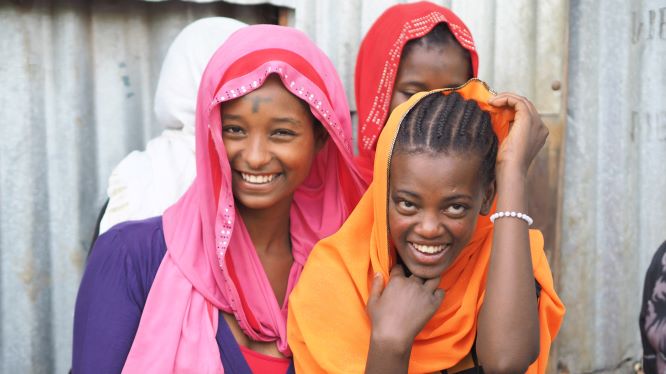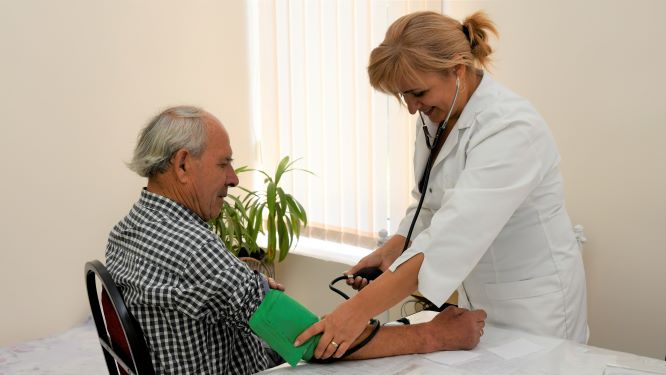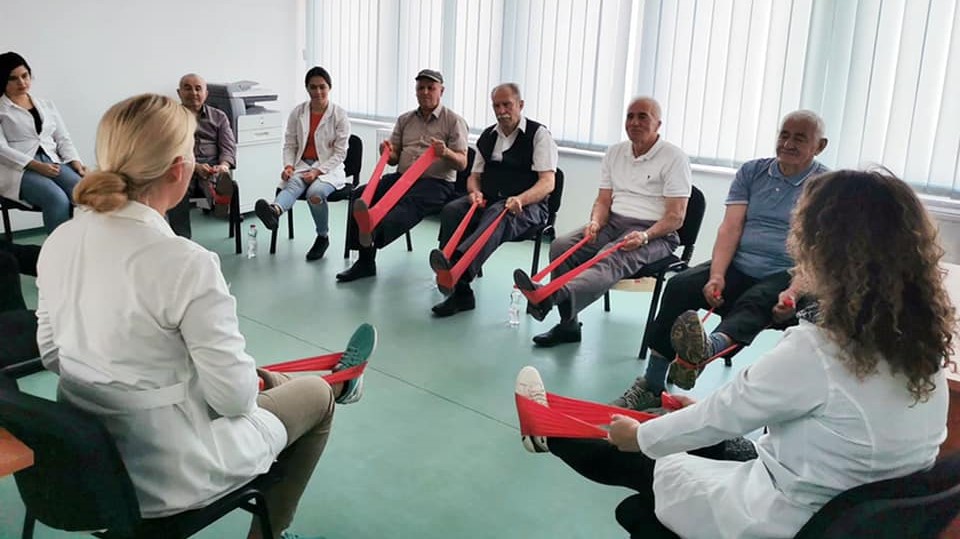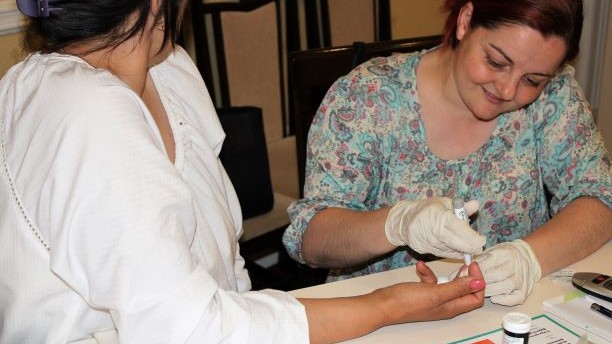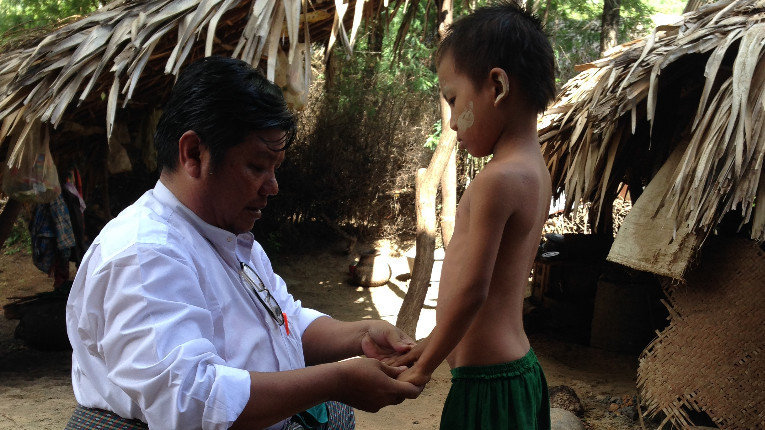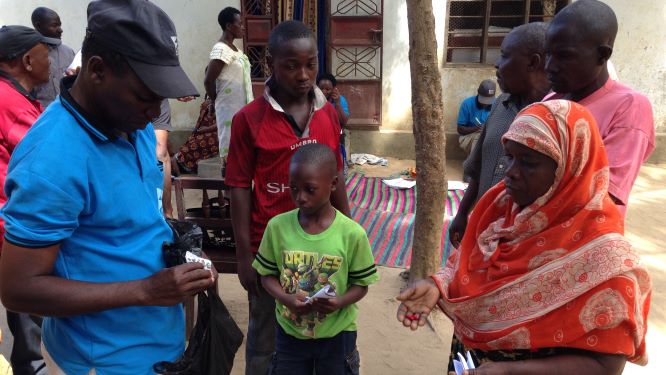

Promoting Well-Being through the Life Course
By taking a holistic view of people’s health and well-being at all ages, Swiss TPH promotes health through the life course with a multi-sectoral approach in line with the SDGs. With a focus on health systems designed for people and ensuring that projects are gender sensitive, Swiss TPH addresses the areas of reproductive, maternal, newborn, child and adolescent health and nutrition as well as the needs of the elderly.
Women, Children and Adolescent Health
Swiss TPH has a track record of successful implementation of projects related to maternal and newborn health. In recent years, we have increasingly engaged in research, technical support and policy advice related to child and adolescent health. Swiss TPH contributes to global efforts to enhance the integrated management of childhood illnesses through eHealth solutions and prevent childhood stunting through community-based interventions.
In addition, we support partners in the global youth ecosystem by generating evidence on impactful approaches to adolescent health through high-level reviews and evaluations of youth-led and youth-serving programmes on issues ranging from meaningful youth engagement to youth-led accountability, and girl-centred branded health communication. We lead global and regional evaluations for evidenced-based policy making on youth development, sexuality education and sexual and reproductive health services for adolescents and young people.
Non-Communicable Diseases
Non-communicable diseases (NCDs) are becoming highly prevalent worldwide and increasingly contribute to morbidity and premature mortality. Ageing populations, behavioural aspects, environmental risks and other complex mechanisms are contributing factors. Swiss TPH is involved in interventions to address NCDs such as strengthening patient knowledge, integrating community services and supporting national institutions with policy-making throughout Eastern Europe, the Balkans, Asia, Africa and the Americas. By working closely with national and local governments and local WHO offices, Swiss TPH aims to improve the quality of care for NCDs in low- and middle-income countries. Through long-term projects in, for example, Moldova, Kosovo and Albania we work with local governments to improve access to quality health services for NCD patients, and facilitate that people take greater responsibility for their own health. In Kosovo and Moldova, we promote the WHO concept of Integrated Patient-Centred Health Services (IPHCS) to address the socio-economic determinants of people’s well-being, foster collaboration between health and social services and so ensure that fewer people are left behind.
Infectious Diseases of Poverty
Swiss TPH has unique expertise in infectious diseases of poverty and neglected tropical diseases (NTDs) and combines research, education and services. Our work includes drug development against malaria, helminths, and protozoa, validation of approaches and tools, and capacity building with a focus on soil-transmitted and foodborne helminths, schistosomiasis, trypanosomes, and mycobacterial NTDs.
Swiss TPH works closely with donors and national control programmes and offers services such as policy advice and technical assistance in project implementation including outcome evaluation. Swiss TPH is a WHO Collaborating Centre for Epidemiology and Control of Helminth Infections and for Modelling, Monitoring and Training for Malaria Control and Elimination.
Swiss TPH also addresses a variety of aspects related to water, sanitation and hygiene (WASH) in Switzerland as well as countries where drinking water is scarce and where poor hygiene is a leading cause of infectious disease. WASH plays a major role in integrated approaches to fight helminth infections and other NTDs in Africa and Asia. Moreover, we explore ways to improve sanitation facilities in health centres or schools, research WASH-related risks, or identify ways to educate students or household members on food and kitchen hygiene practices. We also regularly conduct surveys on WASH infrastructure, needs and behavior as well as knowledge, attitudes and practices related to various infectious diseases of poverty.
Making an Impact
Sexuality, Security and Health of Young People in Fragile Contexts
Contact
Involved Units

Helen Prytherch
PhD, MPH
Head of Department a.i.
+41612848686
helen.prytherch@swisstph.ch

Peter Steinmann
PhD, PD
Head of Unit
+41612848229
peter.steinmann@swisstph.ch

